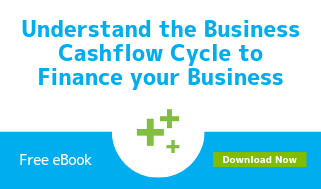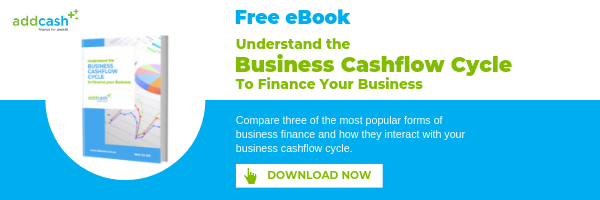
How does Customer Invoice Finance differ to a Bank Overdraft?
- Posted by Duografik
- On May 21, 2019
- 0 Comments
- accounts receivable finance, business finance, cashflow finance, customer invoice finance, debtor finance, factoring, invoice finance
Customer invoice finance and bank overdrafts both provide cash to help businesses fund their day to day operating expenses, however there are some major differences. Here is an explanation on how they vary to help you decide what is best for you.
1. Avoid Property Security, Protect Your Assets and Build Personal Wealth
Security is a term used to refer to the underlying asset being financed. For example, a mortgage relies on the family home as security, a car loan holds the car as security. In the event you are unable to make regular scheduled repayments, the bank would repossess and sell the underlying security asset to repay your loan. Business overdrafts of any significant size are secured by bricks and mortar. For most small business operators this is their family home. If you don’t own property, then a bank will not consider your business.
Unlike an overdraft, Customer Invoice Financing does not rely on your family home. The underlying asset used as security is Customer Invoices. Finance is available to any business with Customer Invoices regardless of their personal property position. Great for people who are working hard to establish themselves and have yet to enter the property market or relatively new property owners who don’t have any surplus equity to offer for an overdraft. For more established business owners there are two main benefits using Customer Invoice Finance instead of an overdraft.
Firstly, segregating business assets and personal assets is a basic asset protection strategy. Should something unexpected occur in the business the family home is not at risk and equally should relationships break down at home the business finances will not be adversely impacted.
Secondly, for many business owners a goal of self-employment is to accumulating personal wealth beyond what would otherwise be achieved being employed by someone else. By using Customer Invoice Finance, equity can be freed up for other personal investments like buying a rental property outside the business.
2. Finance that Scales with Business Growth
The property market is relatively stable when compared to other asset classes like the share market. Increases in property values are unable to keep pace with a growing business. Overdrafts secured by property are practically fixed and infrequently reviewed to take advantage of any possible increase in valuations. Consequently, expanding businesses dependent on an overdraft to finance their CashFlow are quickly going to be starved of funds as cash outflow for payroll and other expenses grow in line with sales.
It seems counter-intuitive in these circumstances that the family home dictates the size of a business rather than the success of a business defining how you as an owner can afford to live. Unlike an overdraft, AddCash Customer Invoice Finance will scale with your business. The more sales you generate, the more Customer Invoices are available to obtain finance.
An AddCash facility operates like a line of credit against your unpaid Customer Invoices. It allows businesses to replace money outlaid for prior work and move on to the next job sooner with the support of finance that scales directly in line with business growth.
3. Use Your Customers to Enhance Your Credit
Having equity in property is still no guarantee that a bank will provide your business with an overdraft. You must also meet their serviceability parameters meaning they assess your ability to repay the bank. This assessment is based heavily on your financial performance and the preferred source of information considered the most reliable is financial statements prepared by your external Accountant.
One year offers no comparison to prior periods so two years of financial statements is the typical starting point. Yet another barrier for recently established or acquired businesses. And if you have a slower than expected year or are approaching the end of the next financial year it is not uncommon for a bank to hold their decision pending the preparation and review of the next set of annual financial statements.
With AddCash Customer Invoice Finance assessing businesses for finance is not exclusively based on annual financial statements. Start-up businesses and even businesses going through a downturn can enhance their credit profile with that of their Customers because ultimately the finance is being serviced by payments from these Customers. For example, a young entrepreneur starting a new business with no financial history working for a well known and respected corporate Customer will be a strong candidate to obtain AddCash Customer Invoice Finance. Equally an established business going through a slow period with a stable Customer base that regularly pay on time will also be a strong candidate.
AddCash Finance is a specialist when it comes to Customer Invoice Finance. We work to provide solutions for all businesses rather than focus exclusively on those who can offer bricks and mortar security and have consistent financial results. We encourage young and new business owners to partner with us so they can access finance that allows them scale based on their talent and not unrelated property valuations. Contact us today.


.png)


